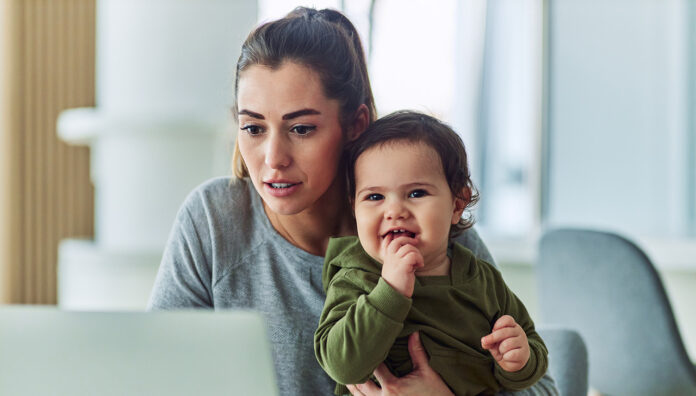Unsafe social-media hacks and anecdotal remedies are rampant. Pharmacists can counter this by offering anxious parents clear, evidence-based guidance.
Pharmacists need to tread a fine line with parents who seek health advice on social media.
Online parenting groups often foster a distrust of the health profession and pharmaceutical companies, and pharmacists face challenges in gently persuading parents to consider the benefits of evidence-based medicine.
Reduced fact-checking and minimal content moderation on social media platforms also increase parents’ exposure to potentially dangerous health messages.
Sydney pharmacist and pharmacy-owner Veronica Nou MPS takes care to build a rapport with new parents.
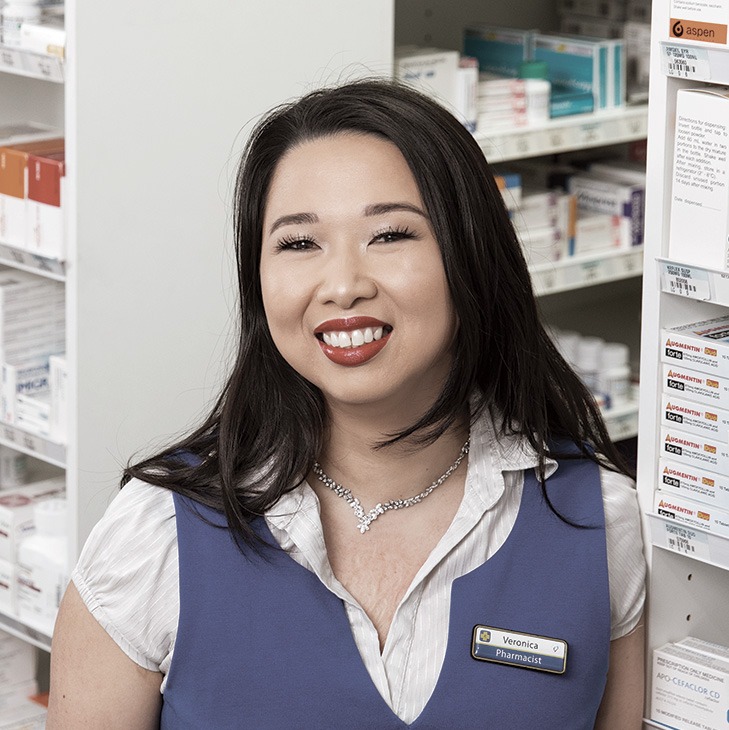
She makes sure they feel welcome in the pharmacy, listens to their concerns and tries to understand their point of view. Criticism of their belief in social media is not helpful, she points out.
‘Everybody is just trying to do the best that they can with the information that they have available,’ she says.
Studies have found the majority of parents seek health and medical advice
on social media both before and after (or instead of) consulting health professionals.1–3
They seek it for lived experience examples about medicines, to prepare questions before a consultation, for clarification afterwards on what they were told by a health professional, or for social support and community.1,4
They also want to share and discuss their experiences.
The Australian parents most likely to use it are digital-native millennials who want timely/immediate information, but who may not be university graduates.1
But it can be challenging to discern the quality of health information on social media, which can leave parents open to misinformation or incorrect information.1
Ms Nou says she had to leave most of the online mothers’ groups she had joined when her children were born because the opinions and advice ‘raised my blood pressure on a regular basis’.
When she tried to offer informed professional advice to these groups, ‘everyone with an opposing agenda then makes a concerted effort to discredit you, or accuse you of working for “Big Pharma”, or accuse you of wanting to change the baby’s DNA – you know, mRNA vaccines turn them Chinese before they’re born’.
She uses the ‘extremely underrated tool’ of humour to connect with wary patients, smiling and joking about the extraordinary powers of the medicine, how they would become the superhero Magneto, and have the power to pull all the coins out from under the sofa.
‘Sometimes if you break the ice in this way and you try to make them see the ridiculousness of it,’ she says, ‘that goes a long way towards disarming people who have their guard up.’
Hacks
‘Unsafe social media hacks’ on tummy time in prams and baby capsules on shopping trolleys recently raised the ire of Australian charity and child bereavement support group Red Nose, a leading authority on safe sleep for babies.5
It’s Director of Prevention, Education and Research, Margaret Polacska, advises never leaving a baby for long periods in a capsule, which included the unsafe ‘hack’ of putting baby capsules onto shopping trolleys, which risked potential breathing issues caused by the infant’s neck flexing in an awkward position for long periods. As well, she said, falls from booster seats and capsules used outside cars were ‘common’.5
Another ‘hack’ on social media of practising tummy time in a pram, was also ‘unsafe and dangerous’, says Ms Polacska. The best place is on a firm mattress or the floor with face-to-face parental interaction.5
On one Australian “mums” site, parents have recently been advised to see a naturopath, change their diet, or give up bread to reduce abdominal bloating.
Other questions involved the correct application of sunscreen on toddlers, how to ‘dry up’ breast milk production, and ‘spacing out’ 12-month vaccinations instead of having them in the one appointment.
The answers provided on the site are usually anecdotal rather than evidence-based advice.
Health information on the net
A survey of 1,000 Australian parents with children under 5 years old found 82% said they had used social media to find health information for their children.1
Published in 2023 in JMIR Pediatrics and Parenting, the study found 44% of Australian adults read at a ‘low level’, which includes little ability to discern competing information or read dense or lengthy material, and 60% have ‘low levels’ of health literacy – that is, how people understand information about health and healthcare, how they apply it to their lives.1,6
‘Social media health information is multimodal, combining personal stories, conversational text, videos, infographics, subtitles, and other design features that make it more inclusive for those with varying literacy levels,’ the study found.
Its lead author, former pharmacist Dr Erika Frey, has a PhD in public health. She became interested in the quality of online healthcare advice when she saw a post from a mother who was concerned about her sons’ breathing difficulties during the thunderstorm asthma event in Melbourne in 2016 that killed 10.
The children had blue lips, and although the mother had salbutamol and steroids, she didn’t want to give the medicine to her children because she didn’t understand the difference between anabolic steroids and locally administered steroids. ‘The fact that both her sons were in respiratory distress, and she was on Facebook asking for opinions from mothers who didn’t know anything about the situation, really stuck with me.’
Dr Frey says she was inspired then to investigate the burgeoning popularity of health information in parenting forums for her PhD thesis. Both she and Ms Nou say it is important for health authorities to provide parents with 24-hour helpline numbers and websites so they can find reputable, easy-to-understand health advice.
Pharmacist owner and breastfeeding educator Jacqueline Meyer MPS says internet users are accustomed to instant information. That expectation has also flowed into parenting. ‘We’re finding people coming into the pharmacy saying, “This is what is going on, and this is what I’ve Googled. What do you think?” So, a lot of the time we’re the second option,’ she says. Social media groups can increase parents’ anxiety because a range of different opinions and medical advice is available at the touch of a button, she adds. Sleep-deprived parents of infants seeking advice late at night find a wide range of different information online, and have difficulty determining what is and is not accurate and helpful.
‘I think it then creates more stress and more worry, because you’re presented then with this online information of worst-case possibilities,’ Mrs Meyer says.
‘They’ve looked up some information, or spoken to someone (online), and now they’re even more concerned and worried.’
Tribes in parenting groups
Online parenting groups tap into peer support and shared experience, connect new parents with like-minded people on the same journey, and allow for exhaustive discussions on various topics of concern.
Dr Frey says parents in such groups are more open and susceptible to left-field health ideas. Trust has been built and members share a common mindset.
She and her research colleagues found that parents who turn to social media ‘value lived experience, and often they are looking for validation and parental endorsement of health professional advice’.
Other consumers, who may have had a difficult time with Centrelink or other government services, distrust authority figures more broadly, says Ms Nou. She says some worry the health profession is largely driven by a profit motive rather than the greater good, so they turn to social media groups. ‘If they come in and they are seeing that you are selling whatever, and their impression is that you’re just there to make a dollar, why should they trust you over any random person on the internet?’ she adds.
Fads that harm
Many parents believe natural remedies and health products are worth trying, Dr Frey’s research found – but some fads are harmful.
She cites the widespread use of essential oils for child respiratory complaints. Essential oils contain Volatile Organic Compounds that can be irritants, and some – in eucalyptus and lavender oil – are known allergens.
‘Parents are diffusing them, they’re putting them on the skin, they’re giving them to children to ingest,’ she says. ‘This can lead to an exacerbation of symptoms and in some cases respiratory distress by triggering coughing, wheezing and shortness of breath.’
A 2020 report in the Medical Journal of Australia found that over 4 years there were 2,790 cases of children under the age of 15 exposed to essential oils resulting in calls to the NSW Poisons Information Centre.7
‘Healing’ autism
With doctors unable to offer ‘cures’ to parents whose children are born with autism, the parents often turn to social media, sometimes with disastrous results.
Two American mothers who infiltrated large Facebook groups for parents with autistic children were horrified to find beliefs that autism is caused by phenomena including gluten, allergies, parasites, fungal infections, viruses, bacteria, vaccine-causing heavy metal poisoning, and … the moon.8
Also off-putting are reversals to ‘treat’ autism, ranging from baths, enemas or oral doses of chlorine dioxide (which can be fatal), turpentine, the child’s urine, antidotes to heavy metals or hyperbaric chambers.8
Parent influencers
On social media, parent ‘influencers’ have emerged as prominent figures providing relatable and intimate daily experiences with their children amid product placement and information.9
As well as cultivating a closeness with followers to enhance a personal brand, the behaviour of influencers can shape norms and attitudes by viewing persistent images and messages that over time can help form beliefs and values.4
With more research in the area needed, the authors of a recent systematic literature review have shown that studies so far have concentrated on mothers and ‘mum influencers’ with ‘a lack of diversity within the parent influencer landscape’ both with creators and those reading their content.9
Another study from 2020 concluded that among the 25 most popular parenting blogs in the United States on paediatric photoprotection, misinformation including natural remedies and sunscreen recipes received far more engagement than comments that included encouraging sunscreen and protective clothing.10
‘We’re definitely seeing a shift where people want to try natural health medicines before they try traditional Western medicines,’ Mrs Meyer points out. ‘It’s quite concerning.’
References
- Frey E, Bonfiglioli C, Frawley J. Parents’ use of social media for health information before and after a consultation with health care professionals: Australian cross-sectional study. JMIR Pediatr Parent 2023;6:e48012.
- Frey E, Bonfiglioli C, Brunner, et al. Parents’ use of social media as a health information source for their children: a scoping review. Acadc Pediatr 2022;22(4)526–39.
- Yardi S, Caldwell PH, Barnes EH, et al. Determining parents’ patterns of behaviour when searching for online information on their child’s health. J Paediatr Child Health 2018;54(11):1246–54.
- American Academy of Pediatrics. Unsafe parenting practices and pictures shared via social media. 2024. At: bit.ly/449uVBL
- Red Nose. Red Nose reminds parents of potential risks with unsafe social media hacks on baby capsules and tummy time in strollers. 2024. At: https://rednose.org.au/news/red-nose-reminds-parents-of-potential-risks-with-unsafe-social-media-hacks-on-baby-capsules-and-tummy-time-in-strollers
- Australian Commission on Safety and Quality in Health Care. Health Literacy: taking action to improve safety and quality. Sydney: ACSQHC, 2014.
- Lee KA, Harnett JE, Cairns R. Essential oil exposures in Australia: analysis of cases reported to the NSW Poisons Information Centre. Med J Aust 2020;212(3):132–3.
- Zadrozny B. Parents are poisoning their children with bleach to ‘cure’ These moms are trying to stop it. NBC News. 2019. At: www.nbcnews.com/tech/internet/moms-go-undercover-fight-fake-autism-cures-private-facebook-groups-n1007871
- Beuckels De Wolf R. Social media influencers as new agents on parenthood? A systematic literature review of parent influencer research and a future research agenda. Inform Commun Soc 2023;28(4):744–62.
- Tamminga MA, Lipoff JB. Understanding sunscreen and photoprotection misinformation on parenting blogs: a mixed-method study. Ped Dermatol 2021;38(1):88–91.



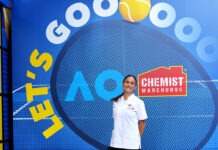
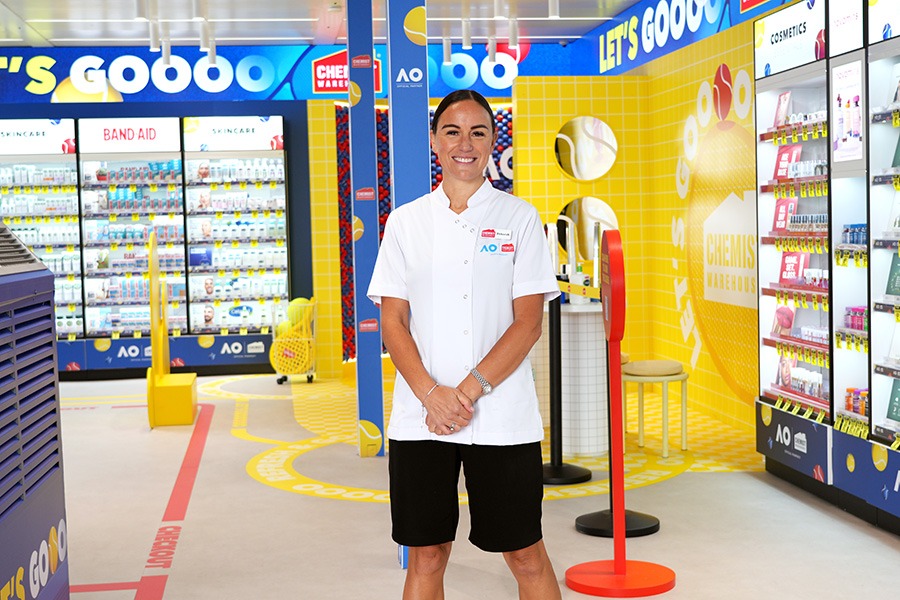 Deborah Williams at the Chemist Warehouse Australian Open pop-up pharmacy[/caption]
Deborah Williams at the Chemist Warehouse Australian Open pop-up pharmacy[/caption]
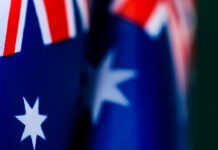

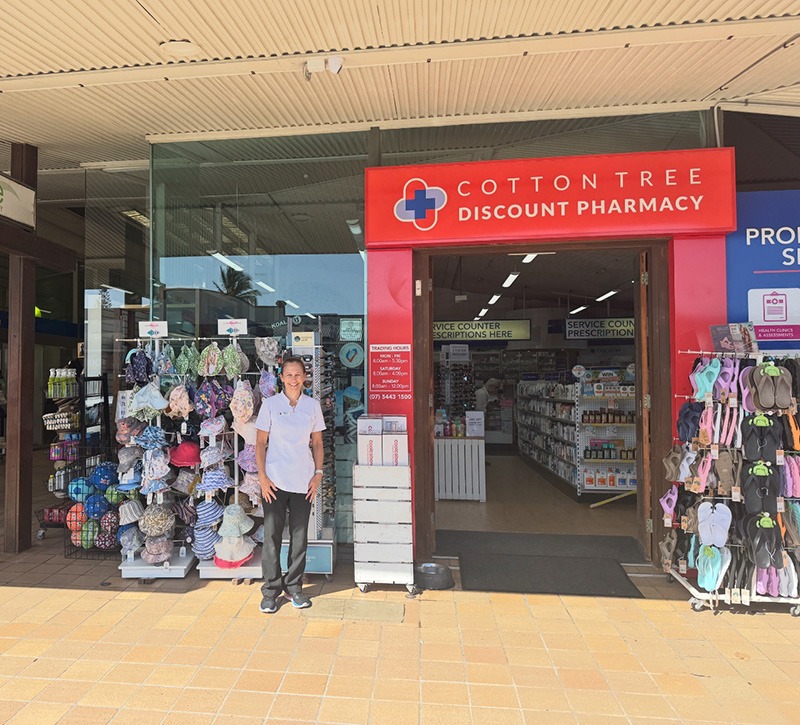 Rebecca Davies[/caption]
Rebecca Davies[/caption]
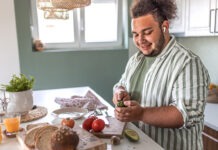
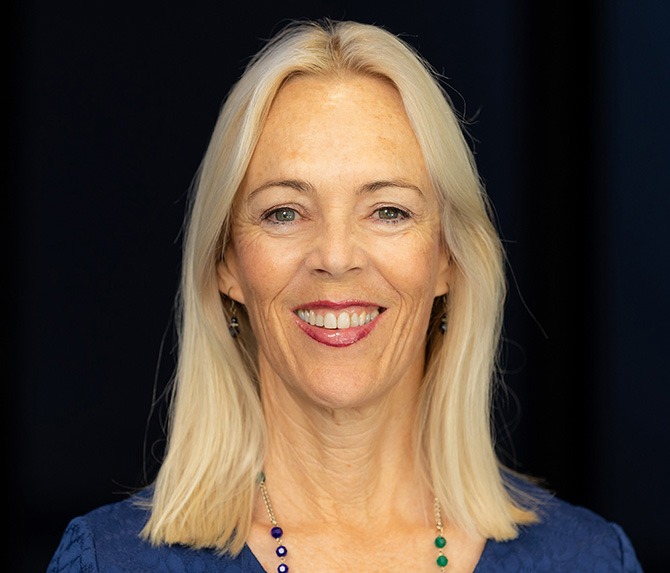 Professor Clare Collins[/caption]
Professor Clare Collins[/caption]
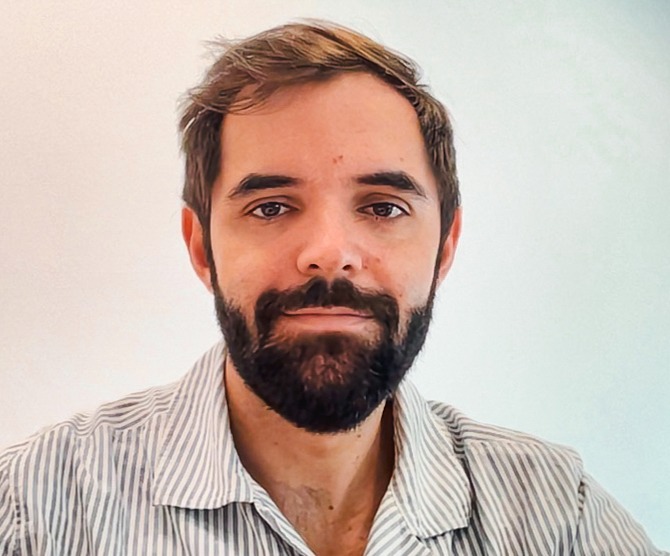 Associate Professor Trevor Steward[/caption]
Associate Professor Trevor Steward[/caption]
